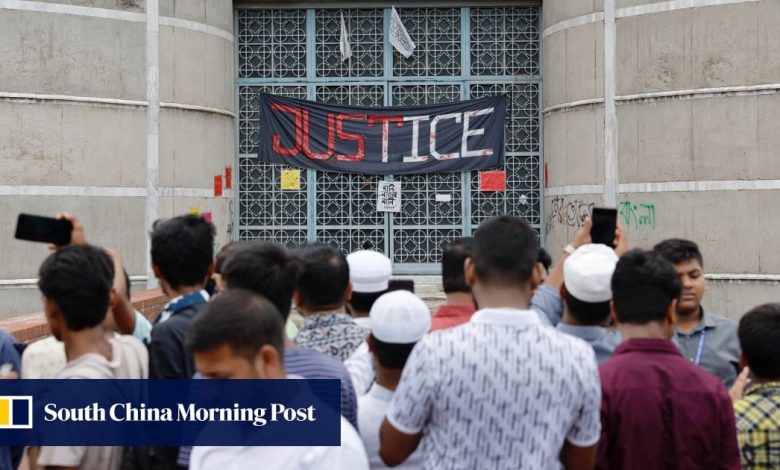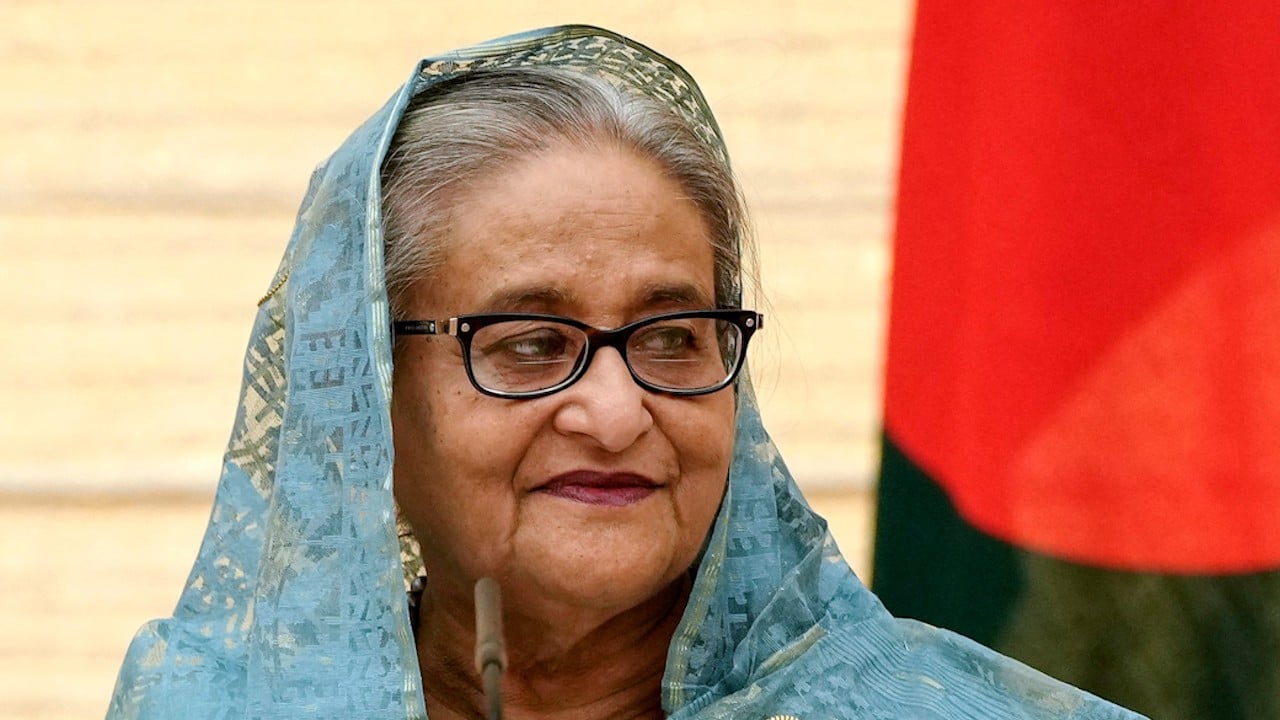Bangladesh dissolves parliament, paving way for elections to replace ousted PM Hasina

Bangladesh’s president dissolved parliament on Tuesday, paving the way for the formation of an interim government, a day after Prime Minister Sheikh Hasina resigned and fled the country following a violent crackdown on a student-led uprising.
A statement from President Mohammed Shahabuddin’s office also said that Hasina’s arch rival, Bangladesh Nationalist Party (BNP) chairperson Begum Khaleda Zia, a former prime minister, had been freed from house arrest.
Student protesters had threatened more demonstrations if parliament was not dissolved. The decision was taken following meetings with the heads of defence forces, leaders of political parties, student leaders and some civil society representatives, the presidential statement said.
Hasina’s flight on Monday ended her 15-year second stint in power. She had ruled the country for 20 of the last 30 years, having inherited the political movement of her father, state founder Mujubur Rahman, who was assassinated in 1975.
Bangladesh’s army chief General Waker-Uz-Zaman was due to meet student leaders to discuss the formation of an interim government that is expected to hold elections soon after it takes over.
Zaman announced Hasina’s resignation on Monday. Hasina flew to India and is staying at a safe house outside New Delhi.
Meanwhile, Bangladesh’s key police association on Tuesday said its members were going on strike.
“Until the security of every member of the police is secured, we are declaring a strike,” the Bangladesh Police Association, which represents thousands of police officers, said in a statement, which also offered an apology for police actions against the protesters.
Hundreds of people died as security forces sought to quell the unrest, but the protests grew and Hasina finally fled Bangladesh as the military turned against her.
But the police had largely remained loyal, and said they had faced revenge attacks by protesters after more than a month of violence in which at least 413 people were killed, including several policemen.
“We beg an apology for what the police force has done to the innocent students,” the Bangladesh Police Association statement said.
It argued its officers had been “forced to open fire”, and that they had been cast as the “villain”.






